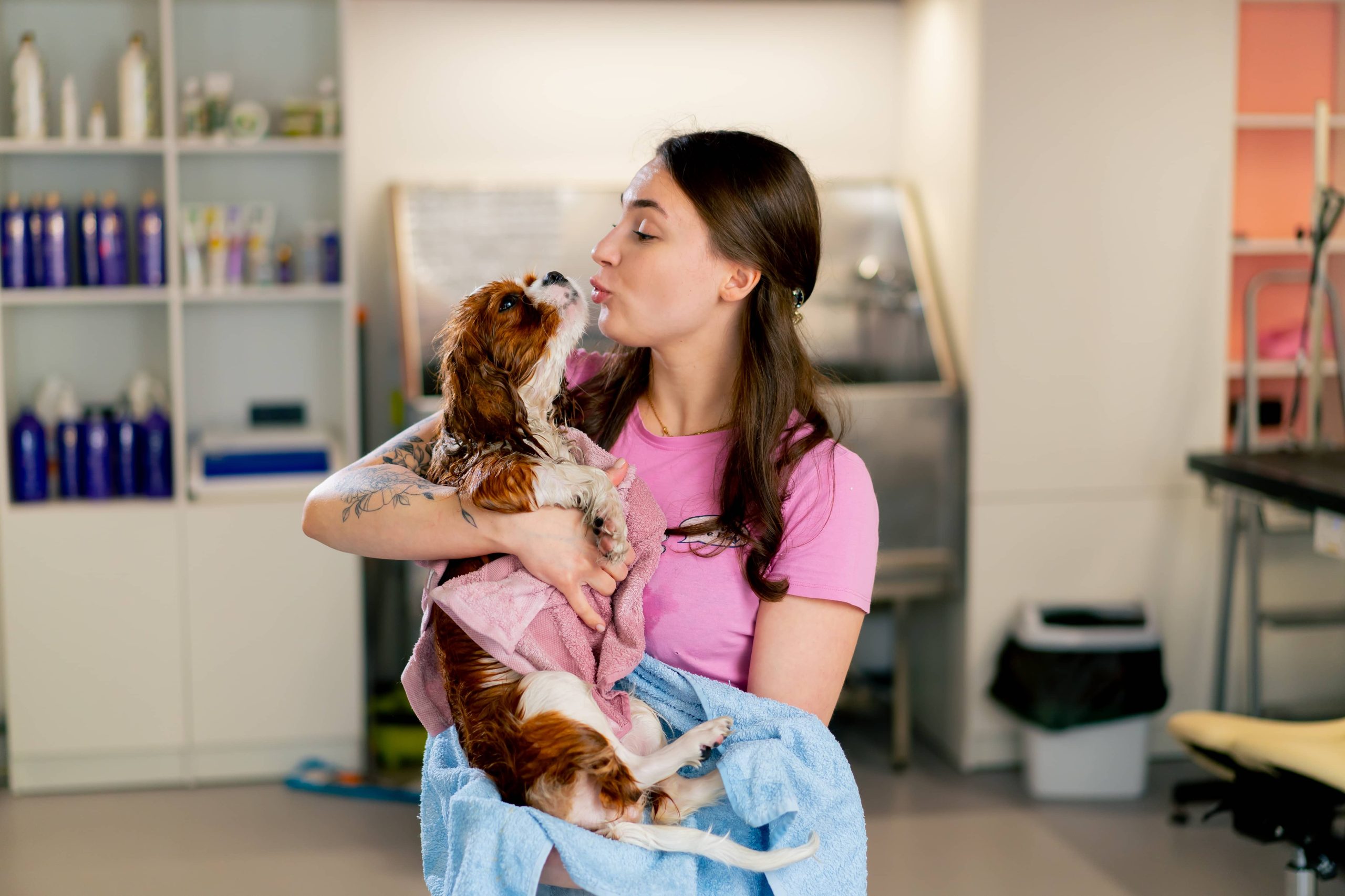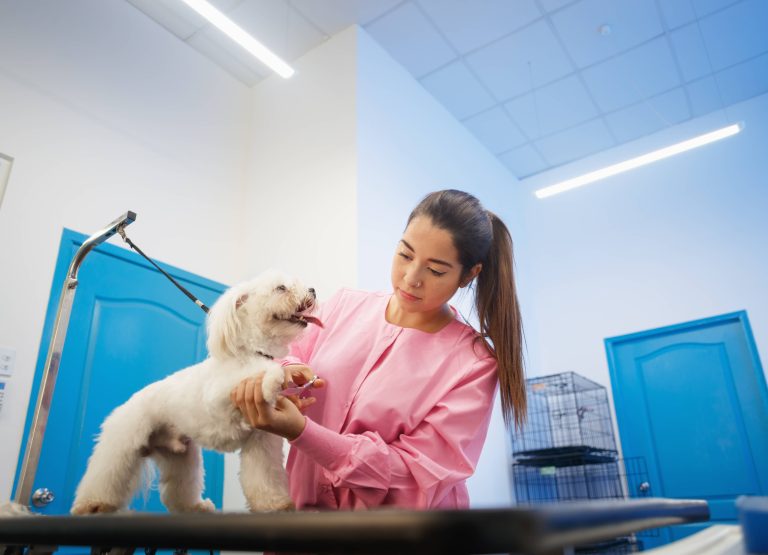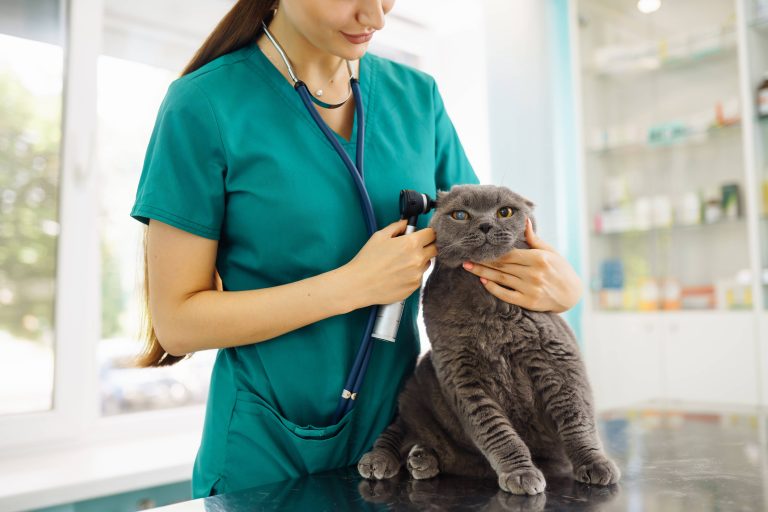Safe Essential Oils for Pets

Essential oils have gained immense popularity due to their myriad of uses and therapeutic benefits. From aromatherapy to natural cleaning solutions, these potent plant extracts have become staples in many households. However, when it comes to our beloved pets, extra caution is warranted. Certain essential oils that are safe for human use can be extremely harmful to animals. This article will focus on safe essential oils for pets, particularly dogs and cats, and how to use them responsibly.
Understanding Essential Oil Safety for Pets
Before delving into the list of safe essential oils, it’s important to understand why some oils pose a risk. Pets metabolize substances differently than humans do, and their sensitivity to essential oils can vary widely depending on the species, breed, age, and overall health of the animal.
Dogs and Essential Oils
Dogs have a stronger sense of smell than humans, which can make certain potent essential oils overwhelming and potentially harmful. However, many dogs can benefit from the therapeutic properties of specific essential oils when used correctly.
Cats and Essential Oils
Cats are particularly sensitive to essential oils due to the lack of certain liver enzymes that humans and dogs possess. This deficiency prevents them from metabolizing and eliminating certain compounds found in essential oils, rendering many oils toxic to them. As a general rule, always consult with your veterinarian before introducing any essential oils to your pets.
Safe Essential Oils for Dogs
When used properly, essential oils can offer numerous benefits for dogs. Here are some safe options:
1. Lavender (Lavandula angustifolia)
Lavender oil is renowned for its calming properties. It’s particularly useful for anxiety, stress, and promoting relaxation in dogs. Additionally, it has natural antibacterial and antifungal properties. Use lavender oil in a diffuser or diluted in a carrier oil (like coconut oil) for topical application.
2. Chamomile (Matricaria recutita or Chamaemelum nobile)
Chamomile oil is another calming essential oil that can soothe anxiety and ease digestive issues. It’s also known for its anti-inflammatory and analgesic properties, making it beneficial for minor skin irritations and muscle pain.
3. Cedarwood (Cedrus atlantica or Juniperus virginiana)
Cedarwood oil has a woodsy scent and offers natural flea-repelling properties. It supports healthy skin and can help with relaxation. It’s best used in a diffuser or diluted for topical use.
4. Frankincense (Boswellia carteri)
Frankincense oil is often praised for its immune-boosting properties. It’s safe for dogs and can help with issues related to inflammation, stress, and skin irritations.
Safe Essential Oils for Cats
Given cats’ heightened sensitivity, the list of safe essential oils is more limited but not non-existent. Here are some options:
1. Lavender (Lavandula angustifolia)
Lavender oil, when used very sparingly, can be beneficial for cats too. Its calming effects can help reduce anxiety and stress. Use it in a diffuser in a well-ventilated area and ensure the cat can leave the room if desired.
2. Frankincense (Boswellia carteri)
Frankincense oil is generally considered safe for cats and offers similar benefits as it does for dogs. It can support a healthy immune system, reduce stress, and heal minor wounds.
3. Cedarwood (Cedrus atlantica)
Cedarwood oil can be used sparingly with cats to help with flea control and to promote relaxation. This must be well-diluted and used in moderation.
Using Essential Oils Safely
Proper usage of essential oils is paramount to ensuring the health and safety of your pets. Here are essential guidelines to follow:
Dilution
Always dilute essential oils in a carrier oil before applying them topically to your pet. A safe dilution ratio for dogs is generally around 0.5% to 1%, which equals about 1-2 drops of essential oil per ounce of carrier oil. For cats, an even lower dilution ratio of 0.1% to 0.5% is recommended.
Diffusion
When diffusing essential oils, ensure the room is well-ventilated and that your pet can leave the room if they choose. Start with short diffusion periods and observe your pet for any signs of adverse reaction.
Avoid Certain Oils Altogether
Some essential oils are universally recognized as toxic to pets and should be avoided entirely. These include Tea Tree (Melaleuca alternifolia), Eucalyptus (Eucalyptus globulus), and Citrus oils (Lemon, Lime, Orange). Always research or consult a veterinarian before introducing any new essential oil.
Monitor for Reactions
Keep an eye on your pet after introducing essential oils. Symptoms of adverse reactions can include drooling, vomiting, lethargy, uncoordinated movements, or difficulty breathing. If any of these occur, stop using the oil immediately and consult a veterinarian.
Conclusion
While essential oils can provide benefits for pets, it is crucial to approach their use with caution and knowledge. Always prioritize your pet’s safety by consulting with a veterinarian, particularly one versed in holistic care, before trying any new essential oils. By following proper dilution guidelines, monitoring for adverse reactions, and being mindful of each pet’s unique sensitivities, essential oils can be a safe and effective addition to your pet care routine. Your dedication to careful and informed pet care will ensure that your furry friends stay healthy, happy, and safe.





